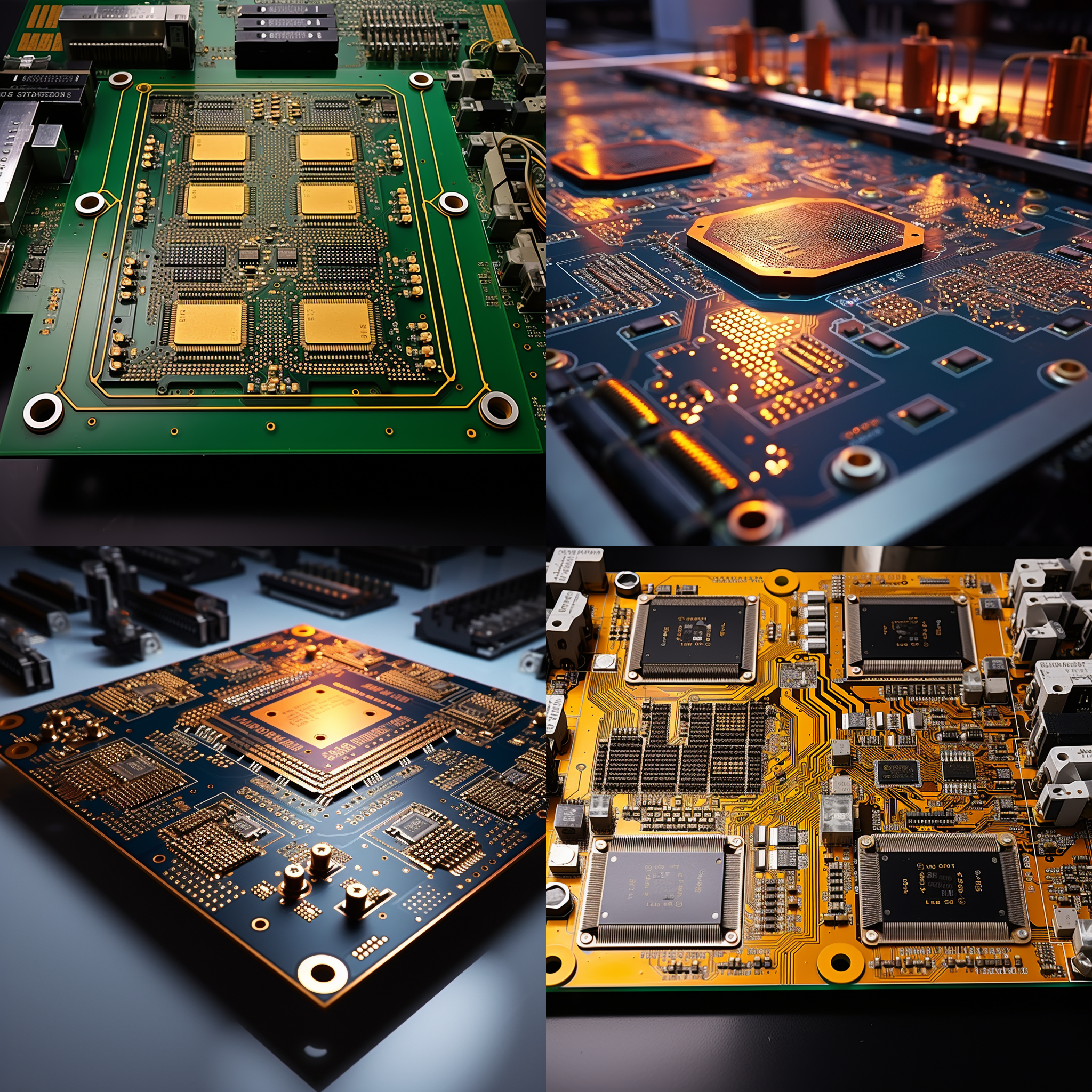In electronics manufacturing, the use of flexible printed circuit (FPC) boards is becoming more and more popular. FPC’s ability to conform to complex shapes and provide high-density interconnects provides the flexibility and efficiency required by modern electronic devices. However, one aspect of the FPC manufacturing process that is often overlooked is surface finish. Here this Capel’s blog explores the importance of surface finish in Flexible Pcb Manufacturing and how it directly affects the reliability and overall performance of these boards.
Why Surface Preparation Matters In Flex Pcb Manufacturing:
Surface finishing in FPC manufacturing is critical because it serves several fundamental purposes. First, it facilitates soldering, ensuring proper bonding and a strong electrical connection between components. Second, it acts as a protective layer for conductive traces, preventing them from oxidation and environmental degradation. Surface treatment is called “surface treatment” or “coating” and plays a vital role in improving the service life and performance of FPC.
Surface Treatment Type in Flex Circuit Fabrication :
A variety of surface treatments are used in FPC manufacturing, each with unique benefits and suitable applications. Some common surface treatment options include:
1. Immersion Gold (ENIG): This process involves immersing the FPC in a gold electrolyte to form a thin layer of gold on the surface. ENIG is widely used due to its excellent solderability, electrical conductivity and oxidation resistance.
2. Electroplating: Electroplating is to coat the surface of FPC with a thin layer of various metals, such as tin, nickel or silver. This method is preferred for its low cost, high solderability, and good corrosion resistance.
3. Organic Solderability Preservative (OSP): OSP is a cost-effective surface treatment option that coats copper traces with a thin organic layer to protect them from oxidation. While OSP has good solderability, it has a relatively short shelf life compared to other surface treatments.
4. Electroless nickel immersion gold (ENIG): ENIG combines the advantages of nickel and gold layers to provide excellent solderability, electrical conductivity and corrosion resistance. It is widely used in applications requiring high reliability and signal integrity.
Effect Of Surface Treatment Choice In Flexible Pcb Manufacturing:
The choice of surface treatment directly affects the reliability and performance of FPC. Each treatment method has its advantages and limitations, so the most suitable option must be chosen carefully. Factors such as the intended application, operating environment, solderability requirements, and economic considerations should be considered during the surface finish selection process.
Reliability and performance enhancements For Flexible Printed Circuit Boards:
Proper surface treatment can improve FPC reliability and performance in several ways. Good adhesion between the solder and the FPC surface ensures that components remain firmly attached even under severe conditions. This helps prevent solder joint cracking or failure, reducing the possibility of intermittent connections or open circuits.
The surface treatment also protects the copper traces from oxidation, ensuring the integrity of the conductive paths. Oxidation causes increased resistance, which affects signal and power transmission. By applying protective layers, FPCs can withstand harsh environmental conditions without compromising overall electrical performance.
Furthermore, proper surface treatment significantly helps to ensure the long-term stability and durability of FPCs. The chosen treatment should be able to resist thermal cycling, humidity, and chemical exposure, allowing the FPC to operate reliably for its expected lifetime.
It is knowable that in the field of Flexible Pcb Manufacturing, surface treatment plays a vital role in enhancing solderability, ensuring proper adhesion, and protecting conductive traces from oxidation and environmental degradation. The choice and quality of surface treatment directly affects the reliability and overall performance of the PCB.
Flexible pcb board manufacturers Capel carefully select the most suitable surface preparation method based on various factors such as application requirements, environmental conditions, and economic considerations. By investing in proper surface treatment, FPC manufacturers Capel can increase the lifespan and performance of their products, ultimately increasing customer satisfaction and enabling successful innovative electronic devices.
Post time: Sep-07-2023
Back







